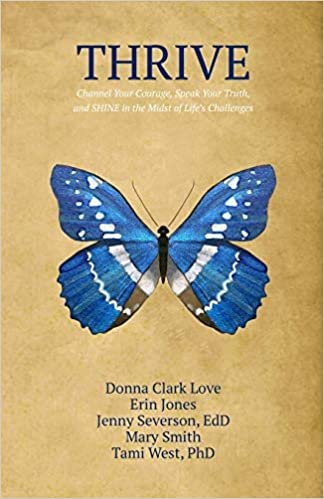What if I get curious instead of furious? Part 1
Dear EQuipped Leaders,
I posted my teaching manifesto behind my desk at the beginning of each school year, and my favorite reminder to my teacher self was:
“Get curious, not furious.”
I can’t remember where I got this line from, but I’m a sucker for anything that rhymes.
Curiosity is my best friend right now because it is so good at helping me step out of old thought patterns and into new perspectives.
Because I get stuck sometimes.
I once watched our robot vacuum get stuck in our small half bath. I sat there for 5 minutes straight, mesmerized by this trapped robot as it fruitlessly attempted every angle for escape, repeating the same unproductive moves over and over again.
I sometimes feel like that robot in my head and in my life. Making the same mistakes. Revisiting the same unhelpful thought patterns. Getting stuck. Curiosity, I’m finding, is really great for opening the door and helping me get free from those old patterns.
What’s your relationship with curiosity like right now? Where do you feel curious?
We teach curiosity as part of the script for instructing emotion. When a kid is dysregulated and exhibiting some unacceptable behavior, instead of jumping to judgment, the teacher asks the student:
“I’m curious. What are you feeling right now?”
Instead of getting furious, we call teachers to get curious. No easy feat but potentially huge in helping kids.
Curiosity is the opposite of judgment. It tells a kid, “I don't know what's happening right now, but I would like to know. I trust you know what’s happening within you. Can you tell me what you’re feeling?”
It gives power back to the kid. It honors what a kid is feeling. It points a kid inward, so they can figure out what’s happening within them instead of us assuming we as the adult/authority can accurately guess what’s happening inside this child (a pretty unrealistic assumption.)
I’ve actually given up trying to figure out what another person is feeling, altogether. I think it’s a massive waste of time because I’m usually wrong. It’s difficult enough for me to figure out what’s happening within me. How on earth am I supposed to guess at what others are experiencing? AND I don’t need to. If I make space and truly invite emotion and don’t ignore, inhibit, or invalidate emotions for others, I don’t have to guess what they’re feeling because they can just TELL ME!!! Now, we’ll definitely need to help give kids language for what they’re feeling, but we have to start by empowering kids to talk to us about what’s happening inside. That’s why emotion charts are such a powerful tool.
But imagine if we get good at this together. What if we were all really aware of what’s happening within us and also really good at telling the people around us what’s happening and how they can help? What would that world feel like?
I think we can live in that magical world, if we start inviting and instructing emotion. If we get curious, not furious when big emotions happen.
I also recognize this is easier said than done. That line was on my teaching manifesto for a reason. I tend naturally toward the furious, not the curious. And it makes sense why: If I got angry at a kid, they were the problem. They needed to change. If I got curious, I might not find what I was expecting. I might be the problem. I might need to change. That was way scarier, more vulnerable. Getting mad was easier, safer.
But I don’t want to do the less scary, easier way anymore. I want to take a different path. I want to stay soft and curious instead of hard and furious. I want to grow.
What do you want? Where do you want to go with the people in your life? Maybe curiosity can help open the door someplace new. :)
Slowly getting less furious and more curious,
Elizabeth elizabeth@appliedeqgroup.com
Elizabeth graduated with a B.A. and M.A. in English from the University of Central Arkansas. She taught English for a decade and got to read and write alongside kids in 7th, 8th, 10th, 11th, and 12th grade. The Applied EQ Group played an important role in her own personal EQ Intervention, and she is grateful to be able to spread the love and EQuip, empower, and encourage others. :)
Want to EQuip your school?
Connect with us through email or Schedule a free call with Jenny, our Director of School Partnerships, to discuss your school’s needs and if we’re a good fit for your campus.
Want to EQuip your library?
This post contains affiliate links. See full disclosure below.






